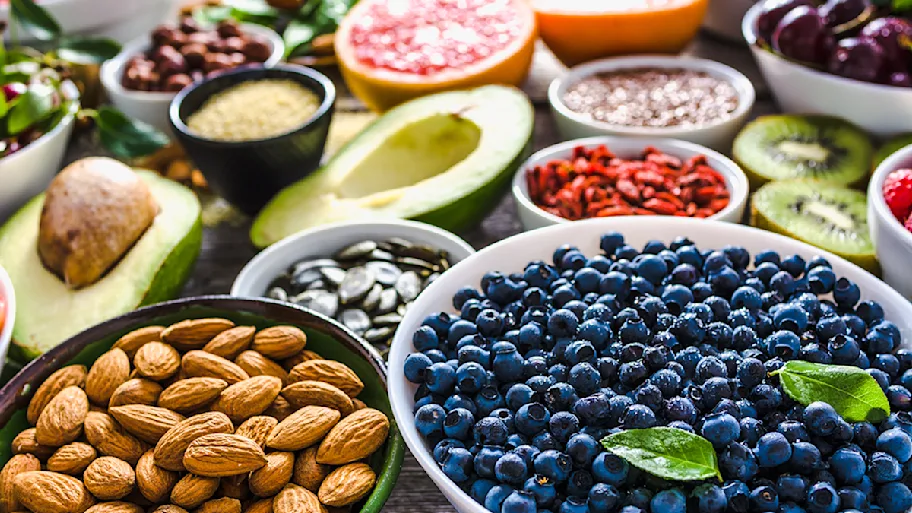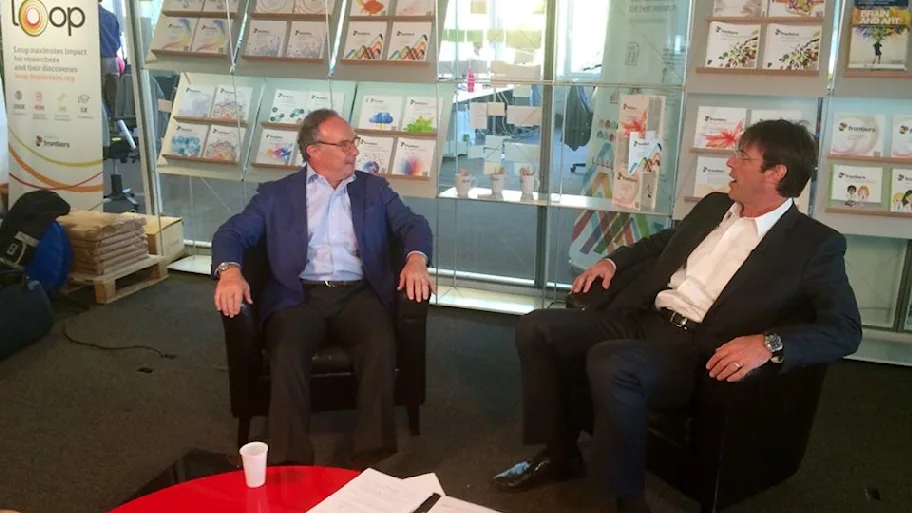
- Science News
- Frontiers news
- Time has come for new goals in Nutrition Science
Time has come for new goals in Nutrition Science

Dr. Johannes le Coutre, Field Chief Editor of Frontiers in Nutrition
In just a little over a year, Frontiers in Nutrition has published 52 articles and has 17 specialty sections ranging from diabetes and gastrointestinal sciences to nutrigenomics and nutritional methodology. The journal’s field chief editor is Dr. Johannes le Coutre, Head of Perception Physiology at the Nestlé Research Center, and his vision is the driving force behind a new Field Grand Challenge article entitled “Goals in Nutrition Science 2015-2020.” Read the paper.
“With the definition of goals in Nutrition Science, we are taking a brave step and a leap of faith with regard to predicting the scope and direction of nutrition science over the next five years. The content of this editorial has been discussed, refined and evaluated with great care by the Frontiers in Nutrition editorial board. We feel the topics described represent the key opportunities, and also the biggest challenges in our field,” le Coutre writes in the article’s abstract.
The challenge addresses eight categories in nutrition, with each category’s issue addressed by a different author specializing in that area.
Passionate about nutrition, le Coutre see Frontiers in Nutrition as more than a journal, and has developed it to be a platform to unite those in the community dedicated to conducting fundamental science in the field of nutrition. We asked him about what prompted the “Goals in Nutrition Science” challenge to learn more about his goals for the field and his mission for the journal.
Why did you decide to write “Goals in Nutrition Science”?
Initially we thought about writing a short “trends” paper to illustrate what is going on in the field. After we obtained a lot of positive feedback from the Frontiers in Nutrition editorial board, it became apparent that together we could be even more proactive and we could define a clear set of goals for the field. The topic has become very timely, and it is important to distinguish between goals in nutrition and the goals in the underlying science that needs to be conducted.
Why now at this time and why focus on only the next 5 years?
Many important scientific discoveries are made in the nutrition sector, and nourishing the growing world population continues to be a key challenge for the 21st century. Five years seemed long enough for a scientific program to bear measurable fruit – yet have a clear scope and focus. Anything shorter would not be realistic and anything longer would run the risk of losing the direction. I am curious to look back in 2020 to see what has been accomplished in the field.
What was the biggest challenge in writing these goals?
To identify those areas, which really will benefit from more science. In the end, we decided on 8 different areas.
When you say the ultimate goal is “Healthy nutrition for all – an ambition too important to be handled by detached interest groups and behind closed doors” how do you hope Frontiers in Nutrition will change that?
It is indeed my hope that Frontiers in Nutrition will develop into an unbiased and strongly science-based platform for contributors from all areas of the nutrition domain, and that we will cover content ranging from brain energy metabolism to Mediterranean cuisine provided by authors from public and private sectors alike.
What next steps are needed for success?
In addition to achieving the generic metrics to measure success of a journal, it will be important to make Frontiers in Nutrition THE recognized publication in a domain that without question is relevant to each and every human being.






